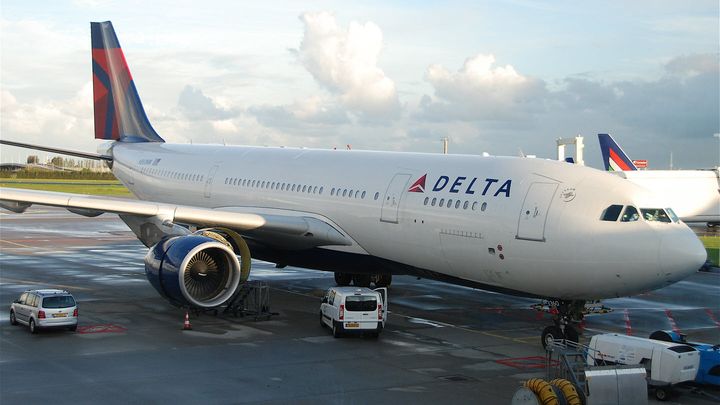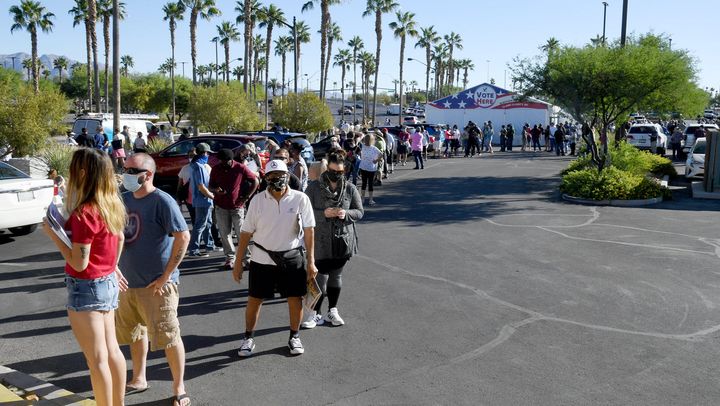In March of last year, Georgia Republican lawmakers set off a national debate over voting rights when they passed a omnibus elections law that places new restrictions on absentee voting, including a requirement that people who request and submit mail-in ballots must provide a driver’s license or state ID number, or produce some other form of identification.
Democratic politicians and voting rights groups slammed the law, SB 202, as a voter suppression effort and argued that the ID requirement would prevent some otherwise eligible voters from casting ballots. The law also limits the use of ballot drop boxes and empowers the State Elections Board to take over local election boards that they deem to be underperforming. Another provision bans people from giving any gifts to voters waiting in line, including food or drinks. Michael Waldman, president of the nonpartisan Brennan Center for Justice, told NPR, “We know that in Georgia and too many other places, those long lines to vote are in Black communities and communities of color.”
The day after SB 202 was signed into law, Delta Airlines, which is headquartered in the state, put out a statement saying that the company’s lobbyist had been involved in discussion around the bill and celebrating provisions in it that may increase ballot access, like expanded early voting hours in some counties. Voting rights advocates responded by calling for a boycott of the company, and soon the hashtag #BoycottDelta was a trending topic on Twitter.
That pressure inspired Delta to change its tune and on March 31 the company’s CEO Ed Bastian released a statement that was sharply critical of the new law.
“I need to make it crystal clear that the final bill is unacceptable and does not match Delta’s values,” wrote Bastian. “The right to vote is sacred. It is fundamental to our democracy and those rights not only need to be protected, but easily facilitated in a safe and secure manner.”
The statement succeeded at defusing the situation and the calls for boycotts fizzled out. However, new campaign finance records suggest that the company may not have truly had a change of heart as it continued to financially back the bill’s Republican sponsors after putting out its statement. Sludge reviewed the disclosures and found that at least five of the SB 202 sponsors recently received donations from Delta’s PAC.
Three bill sponsors—Sens. Lawrence Walker, Mike Dugan, and Jeff Mullis—each received $2,500 from Delta PAC in December 2021, while sponsors Sen. Matt Brass and Frank Ginn reported receiving a $1,000 donation from Delta PAC that month.
Sen. Brass has alleged that the 2020 election results in his state had been manipulated by fraud. “They cheated. Plain and simple. And the mounting evidence shows just that,” Brass wrote on Facebook on Nov. 7, 2020. Delta CEO Bastian was particularly critical of claims like Brass’ in his statement against the bill. “The entire rationale for this bill was based on a lie: that there was widespread voter fraud in Georgia in the 2020 elections. This is simply not true,” Bastian said. “Unfortunately, that excuse is being used in states across the nation that are attempting to pass similar legislation to restrict voting rights.



